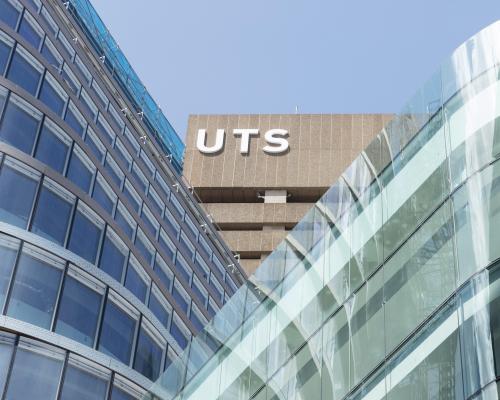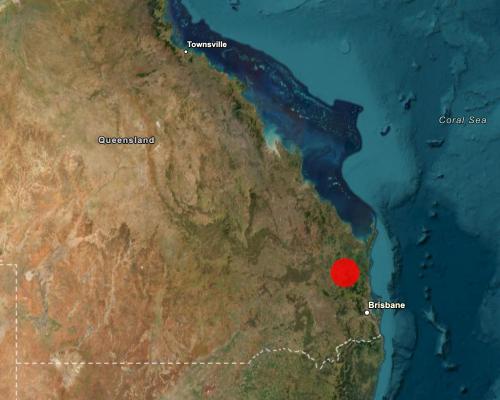
Academics at the University of Technology Sydney have described feelings of stress and a “culture of fear” after the educational institution temporarily paused student enrolments for nearly a fifth of its courses, leaving staff wondering if their jobs will be among the hundreds set to be axed.
The university has stopped taking in new students for 120 of its 615 courses, including masters degrees in teaching primary and secondary education. More than 50 of the affected courses were international study options attached to other degrees. The pause will last until the end of the autumn 2026 semester.
The freeze comes as the university pursues $100m in cost cuts. In April, UTS told its staff that 150 academics and 250 operational employees could lose their jobs, or about a tenth of the workforce.
The faculty of society and design took the biggest hit, followed by the faculty of health, while the science, engineering, business, law and transdisciplinary faculties also each saw courses cut and nine majors have been suspended.
UTS said in a statement that current students would not be affected and sought to allay fears over job losses.
UTS’s vice-chancellor, Andrew Parfitt, told staff in an email on Thursday that the suspensions would not necessarily mean changes to their employment and no decision had been made to permanently cut the courses affected by the freeze.
Sign up: AU Breaking News email
But an academic staff member in the international studies program, who did not want to be named out of fear of repercussions, said: “That’s not how that’s being interpreted by staff.”
The staff member added: “If it’s our courses that have been paused … those job cuts will lie within our programs.”
Parfitt’s email to staff said courses chosen for suspension had been put forward by their faculties and received low student enrolments. A quarter of the suspended courses had no enrolments but the majority had at least 25 students, a UTS spokesperson said.
The international studies staff member said that employees were not only devastated but also confused over the numbers, and argued that some degrees affected, such as those in education and public health, were socially valuable.
“UTS is saying that it’s no longer going to train primary or secondary teachers during what’s effectively also a teacher shortage,” the staff member said. “There’s also a deep sadness, if you speak to people, because the way this is being done is kind of framed in corporate speak, [not] the language of what a public university should be doing in Australia.”
Some staff felt physically ill and others left work early after learning of the course suspensions, said Dr Sarah Attfield, the UTS branch president for the National Tertiary Education Union.
“People are feeling just absolutely horrified and gutted, because it was out of the blue,” she said.
UTS still has not specified which jobs will be made redundant since its April announcement. It said in a statement to the Guardian that it was unable to progress with releasing details of its proposed changes as it is still in a Fair Work Commission dispute with the National Tertiary Education Union over the restructure.
“We understand that many staff are feeling anxious and are eager to review the details of the change proposal,” a UTS spokesperson said in the statement, adding “we remain hopeful that we will be able to resolve the dispute and release those proposals to staff soon.”
UTS is one of several Australian universities that has announced cuts to jobs and courses in the last 12 months, as the sector struggles with declining revenue.
Documents released under freedom of information laws show UTS has agreed to pay KPMG nearly $5m in fees for advice on the restructure, which has further raised staff ire, according to Dr Hossai Gul, a UTS lecturer.
“External consultants are being paid millions to make recommendations about our operations when our own staff [can] identify issues and solve them collaboratively,” she said. “[It] undermines our mission, damages trust, and creates a culture of fear.”





